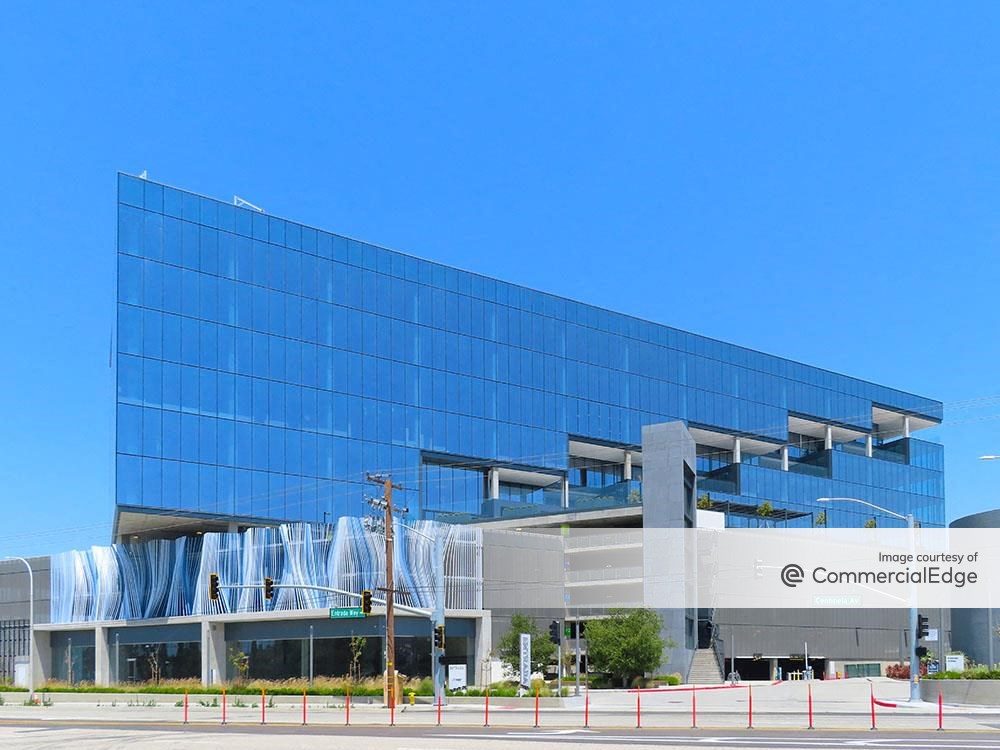Counselors Reveal CRE’s Top 10 Issues for 2020-21
COVID-19 replaces infrastructure as the No. 1 topic in The Counselors of Real Estate's annual survey.
COVID-19 is the leading concern for today’s commercial real estate industry, according to The Counselors of Real Estate, which has just released its 2020-21 Top Ten Issues Affecting Real Estate report. The pandemic’s status has sparked a notable change in the overall rankings, practically turning the list upside down.
READ ALSO: Office Occupancy Varies Widely as Workers Trickle Back
The Counselors unveiled its annual Top 10 Issues during the National Association of Real Estate Editors’ exclusive Industry Insights webinar held on June 25. This year’s list, culled from the Counselors’ membership of 1,000 industry professionals worldwide, places the coronavirus at the center of concerns that stretch well beyond the immediate future. As Michel Couillard, 2020 global chair of The Counselors of Real Estate, said in a prepared statement, topics at the forefront for members are highly interrelated and mark an attempt to overlay this new world onto an already changing real estate environment.
The new Top 10 Issues list is reflective of an unprecedented global upheaval, making it practically unrecognizable from the Counselors’ 2019 catalog of the real estate industry’s foremost concerns. For 2020 and going into 2021, the issues that industry experts expect will have the greatest effect on real estate begin with the obvious and end with a topic that had been rising in the rankings.
-
COVID-19
The full impact of the pandemic on the real estate industry will only be known in time, as the industry is a lagging indicator. The matter of demand—more or less of it—is a great unknown for a bevy of reasons. The demand for office space may decrease if the increase in remote work continues long term, for example. On the other hand, a permanent commitment to reduced density in locations like airports, restaurants, banks and even offices would spark increased demand for larger commercial spaces. As The Counselors notes in the report, “With the economy expected to take a few years to recover from the effects of COVID-19, our industry will show ripples for a few more.”
-
Economic renewal
In 2019, end-of-cycle economics ranked as fifth on the list of top concerns, but this year, the topic of economic renewal in the current and post-pandemic climates is having an impact on the real estate industry that is second only to the pandemic itself. While essential retail is thriving, other notable segments continue to struggle. Non-essential retail is being plagued by bankruptcies and the leisure, hospitality and air travel sectors remain hobbled.
-
Capital Market Risk
Since the middle of March 2020, volatility has spiked, making the pricing of debt more complicated. Pricing stability and liquidity appear to have returned to a certain degree, but late payments and loan defaults have gone on the upswing. The Counselors expect that coronavirus-related behavioral changes will guide real estate and ultimately, the cost of capital as well.
-
Public & Private Indebtedness
As a result of the pandemic-induced fiscal and monetary intervention, the U.S. national debt has grown from $23 trillion to $26 trillion in the last six months; total state and local debt have skyrocketed to $1.2 trillion and $2.1 trillion, respectively; student loan debt is nearly $1.7 trillion; and total personal debt is now more than $20.5 trillion and is fast approaching the U.S. annual GDP. “This level of debt at the onset of COVID-19—with trillions more ahead in stimulus and fiscal rescue intervention—is not sustainable. It will impact commercial real estate in many ways, from reduced demand for housing to interest rates that will eventually have to rise to attract new capital to fund our debt, to the ability to repair and upgrade our aging infrastructure,” according to The Counselors report.
-
Affordable Housing
Housing affordability ranked as the second most pressing concern in 2019, and now it has been pushed down the list three spots by issues more directly impacted by the pandemic. However, there remains a shortage of more than 7.2 million affordable rental homes for extremely low-income renter households.
-
Flow of people
Prior to the arrival of COVID-19, changes in immigration policies in countries around the world had begun to impact the cross-border flow of individuals, which serves as an important driver of real estate and the economy. Now the pandemic has resulted in an even greater contraction in the flow of people between and within countries, and ongoing COVID-19-related behavioral changes in the flow of people will further dampen demand for residential, hospitality and retail real estate.
-
Space utilization
COVID-19 is bringing—and will continue to bring—a heightened focus on the health of building occupants, forcing changes in commercial properties’ usage, location, mechanical infrastructure and interior configuration.
-
Technology & Workflow
Technology is playing an even larger role in real estate, as issues of remote working and space reconfiguration are forcing the need for expedited adoption of technology in the built environment. With what are likely to be permanent changes in density, use patterns, meeting frequency and general movement on the horizon, technology to accommodate web meetings, safety standards, collaboration tools and cyber security will move from the amenity category and land under the umbrella of requisite accommodations.
-
Infrastructure
Infrastructure was the No. 1 issue affecting real estate in 2019, and it remains of great concern to the industry, given its impact on land and the built environment.
-
Environmental, Social and Governance
ESG has transitioned from being an emerging trend to one of the vital elements of real estate investment; COVID-19 has simply placed a spotlight on the importance and growing acknowledgement of topics ranging from the risks of climate change to new innovative ESG investment alternatives. As noted in the report, issues of equity, sustainability, health and wellness, and diversity all filter into decision-making.
“The change wrought by the COVID-19 crisis and its aftermath will teach us about priorities, resilience and demand in ways that we did not dare test before,” Couillard added in prepared remarks.








You must be logged in to post a comment.